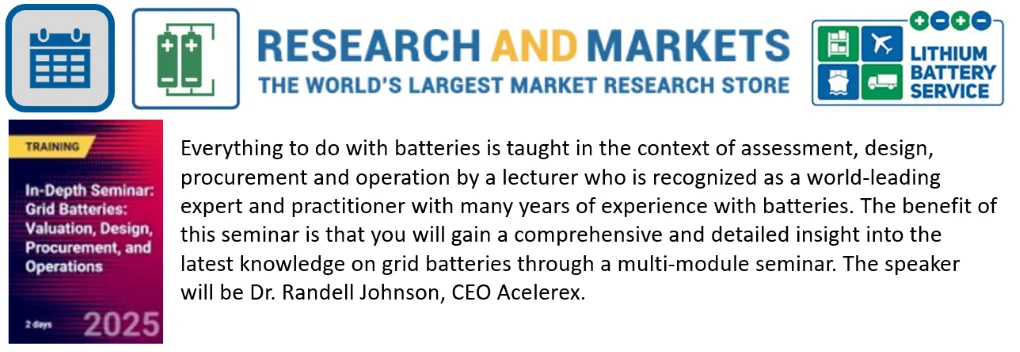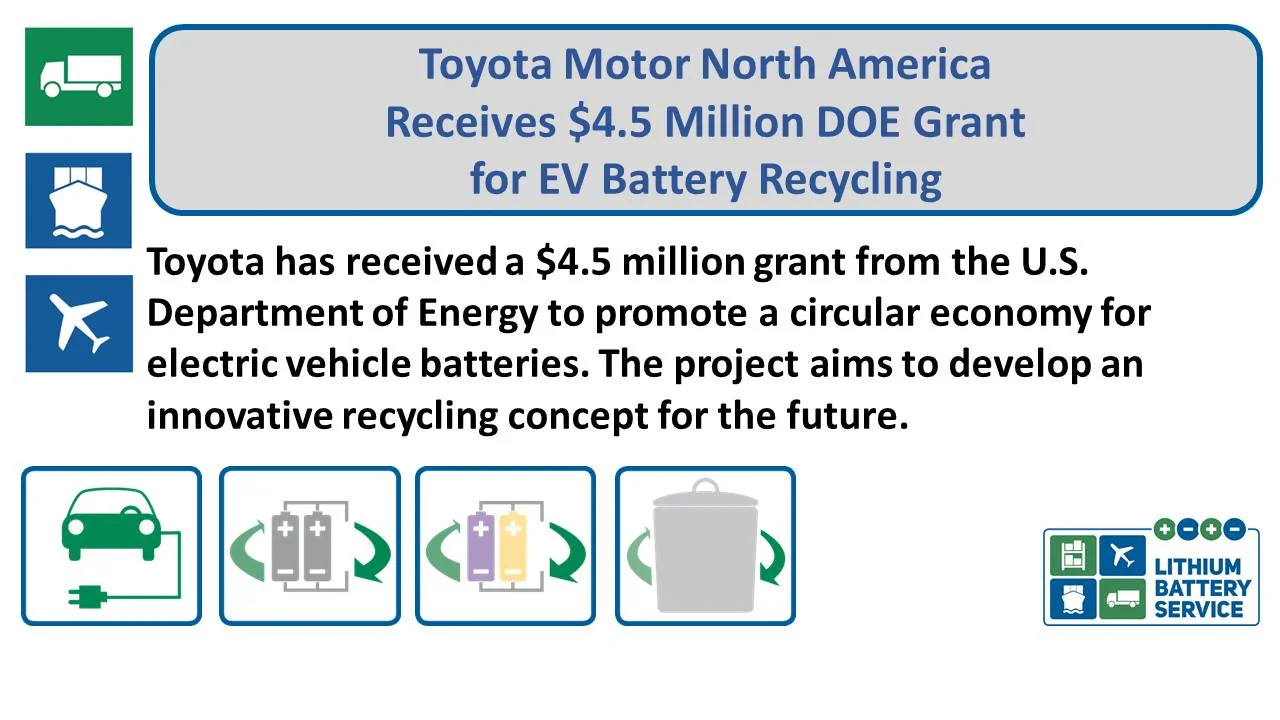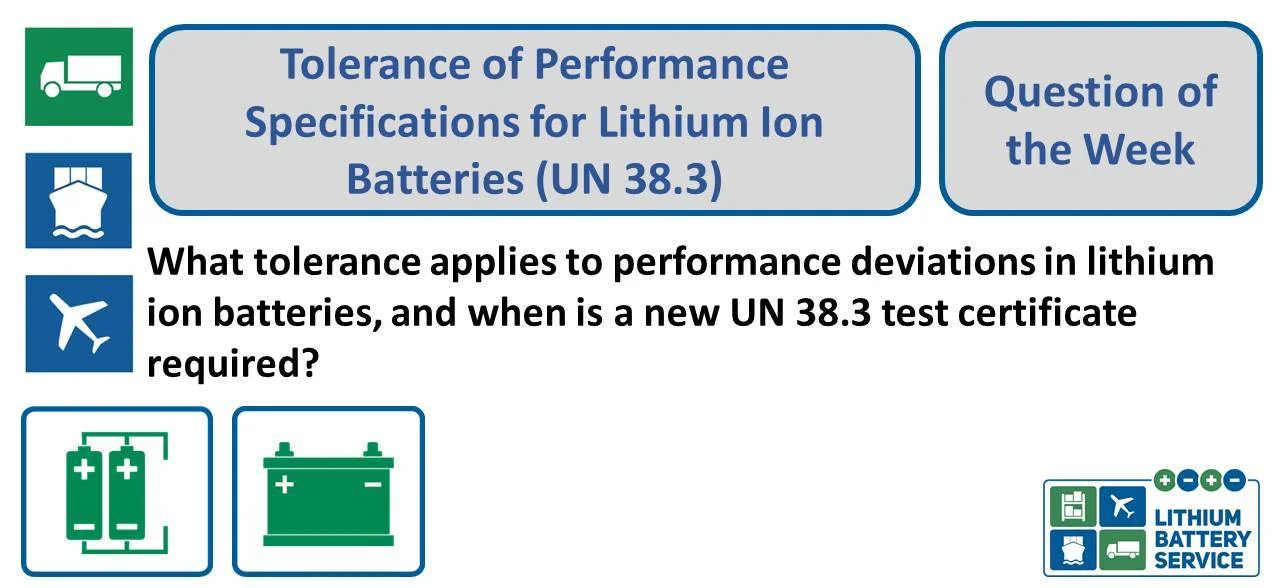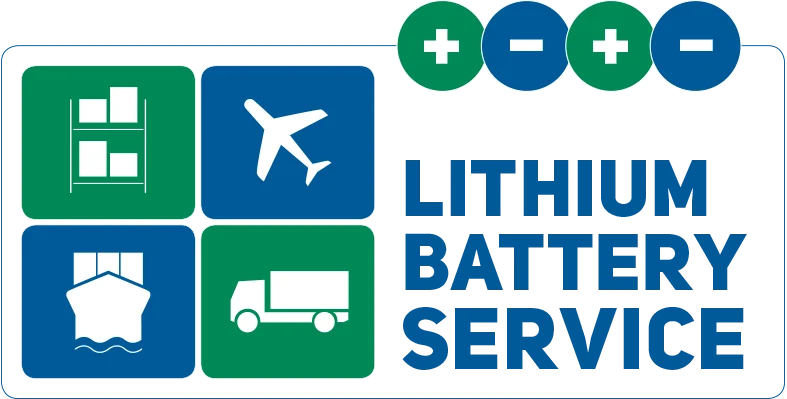Lithium batteries: Questions about SV 188 & Sodium ion batteries: Czech Republic signs RID 2/2023
Lithium batteries: Questions about SV 188 & Sodium ion batteries: Czech Republic signs RID 2/2023
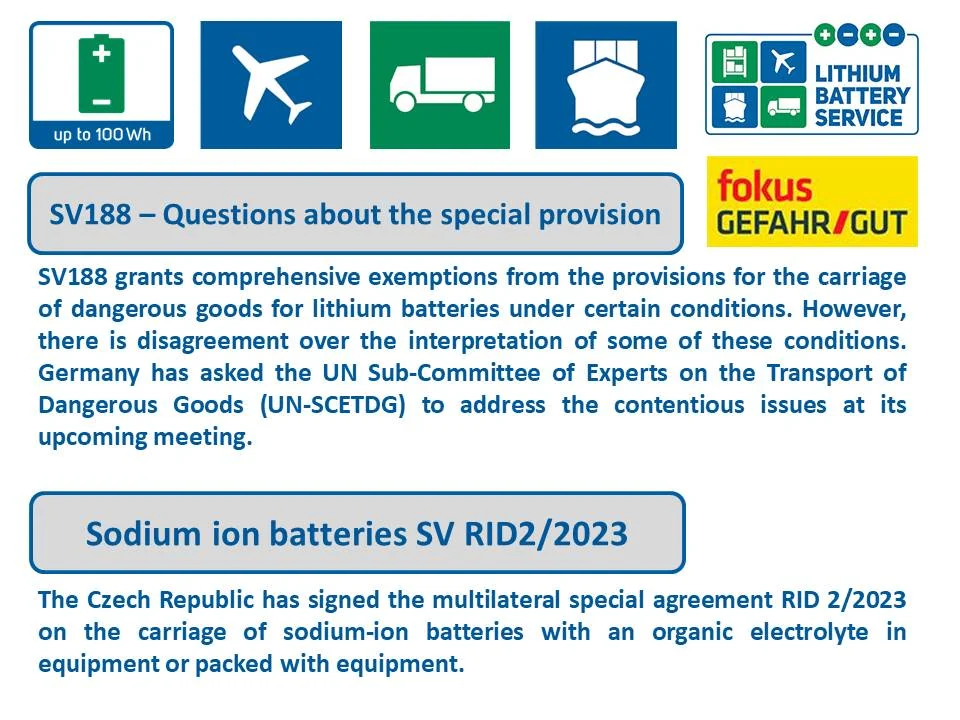
Lithium batteries: Questions about SV 188
Fokus GEFAHR/GUT informs about:
SV 188 allows extensive exemption from the provisions for the carriage of dangerous goods for lithium batteries under certain conditions. However, there are differing views on the interpretation of some of the conditions. Germany has asked the UN Sub-Committee of Experts on the Transport of Dangerous Goods (UN-SCETDG) to address the following questions at its next meeting:
1. Are the limits for the total lithium content of not more than 2 g and for the number of watt hours of not more than 100 Wh laid down in Special Provision 188 "Design requirements for batteries" or in the conditions of carriage?
2. Are two or more batteries connected by connectors, switches or a battery management system electrically interconnected or not, as defined in subsection 38.3.2.3 of the UN Manual of Tests and Criteria?
3. In cases where cable connections lead out of a battery, is that battery still considered to be completely enclosed by an inner packaging within the meaning of special provision 188 (d) or not?
The 63rd session of the subcommittee will be held in Geneva from November 27 to December 6, 2023.
Sodium ion batteries: Czech Republic signs RID 2/2023
Fokus GEFAHR/GUT informs about:
After
the agreement was already proposed by Germany in September 2023, it can now be
applied in the signatory states. The Czech Republic has signed the multilateral
special agreement RID 2/2023 on the transport of sodium ion batteries with an
organic electrolyte in equipment or packed with equipment.
https://www.gefahrgut-online.de/vorschriften/natrium-ionen-batterien-tschechien-unterzeichnet-rid-2-2023-3457329.html?ggnl=20231122
